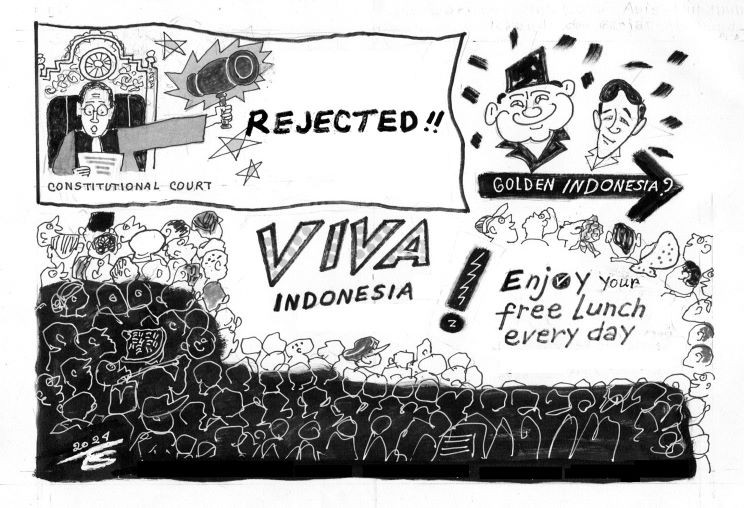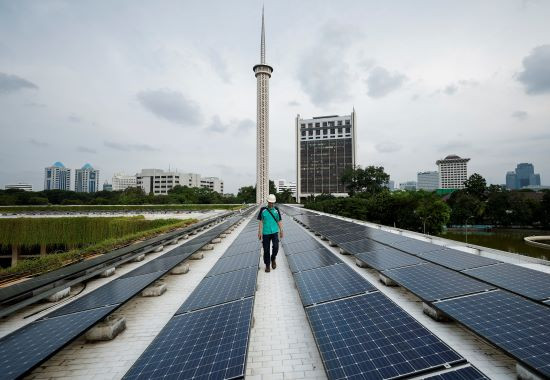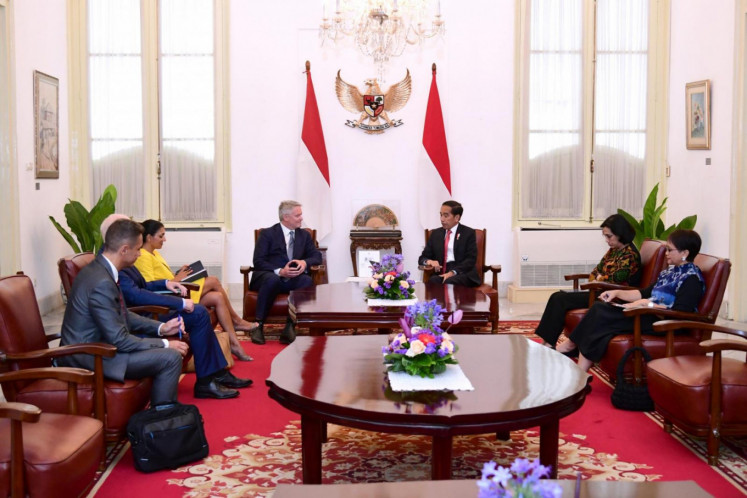Muddling through with half-hearted policies
The tax amnesty, despite the success of revenue collection in penalties or redemption fees, has not been able to fill the gap.
Change Size
 Kaolin Mining Lake is available in two locations: Nibung Village in South Bangka and Tanjung Pandan town in Belitung. (Shutterstock/File)
Kaolin Mining Lake is available in two locations: Nibung Village in South Bangka and Tanjung Pandan town in Belitung. (Shutterstock/File)
The economy grew merely 5.02 percent in 2016 and growth is expected to be a little bit higher in 2017.
Although 2016 growth was higher than the 4.88 percent in 2015, the expectation that government-led infrastructure development would lead to higher growth has not materialized. Government spending was even down by 0.15 percent and growth in the construction sector was not as high as expected.
Almost all of the infrastructure projects currently under way are being carried out by state-owned companies, even those at the level of sub-contractors. The participation of the private sector is minimal. As a result, infrastructure development has not had the expected multiplier effect.
Inadequate government revenue that led to a cut in government spending is the reason that government spending has experienced negative growth. The tax amnesty, despite the success of revenue collection in penalties or redemption fees, has not been able to fill the gap. A similar situation is faced with the 2017 state budget, and is made even more difficult with no further significant contribution expected from the tax amnesty.
This shows that government-led economic growth through infrastructure development can no longer be expected considering the difficulties in raising revenue to finance it. Moreover, with the current size of the economy whereby government spending is no more than 20 percent of gross domestic product (GDP), government spending is difficult to match with the private sector, both domestic and foreign.
The effort to increase tax revenue cannot be expected to be effective in the short run. In addition, the aggressive effort to increase tax revenue may affect corporate and household spending, which could lead to an economic slowdown as corporate and individuals withdrew their funds to avail of the tax amnesty.
Nevertheless, the tax ratio of only around 12 percent of GDP is certainly too low and should be increased in order to finance development spending. But the timing for an aggressive move for tax is not appropriate when the economy is slowing down.

















